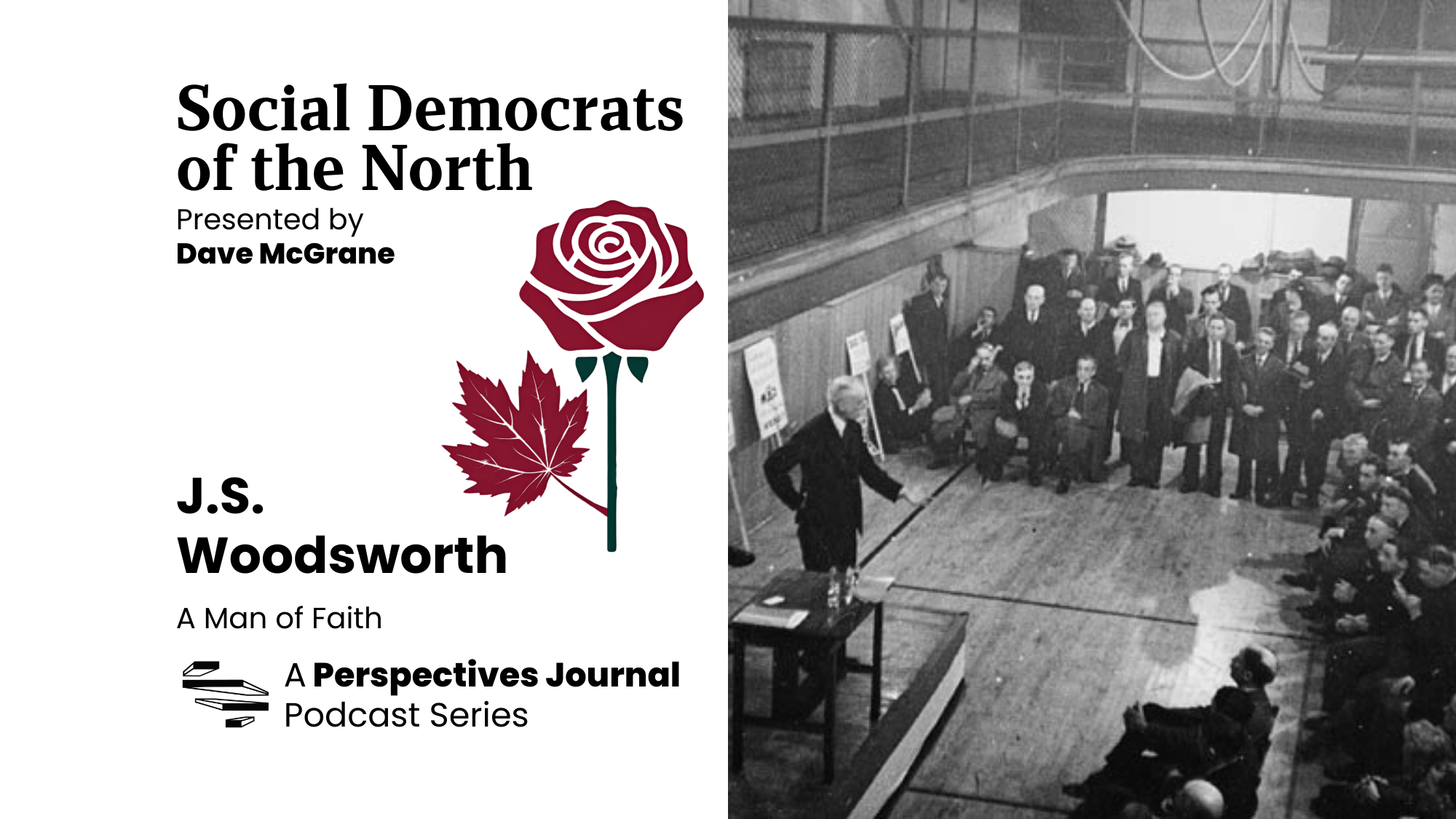Not since Governor Michael Dukakis’ 1988 U.S. Presidential bid was derailed by attack ads about the dangerous inmate Willie Horton being released into the community has any well-briefed politician dared not to be “tough-on-crime.”
Longer and mandatory sentences, restrictions on judicial discretion, more police, tougher prison regimes, and limits on community-based corrections have since become key approaches for electoral success. This agenda has taken hold here in Canada too, despite the fact that crime rates have been declining for more than 20 years.
Evidence indicating that such approaches do not reduce crime is cavalierly dismissed. If principles of justice and human rights have to be sacrificed for the tough-on-crime agenda, so the logic goes, then this is a price worth paying. If prisons become overcrowded by the influx of prisoners and the costs of incarceration increase, so be it.
Humane and constructive prison policies have fallen by the wayside. Under the new punitive regime, any abuse in crime policy and prison conditions is tolerated as long as politicians can avoid the “soft-on-crime” label.
Sensible, evidence-based, principle-driven analysis is not the currency of the media during elections. Bernie Sanders has criticized media electoral coverage as taking the form of a horse race or a soap opera, and former Prime Minister Kim Campbell once famously declared that election campaigns are no time to discuss issues. Instead, widespread but unexamined assumptions about crime are repeated in fifteen-second sound bites before a disinterested public, influencing the outcome of election campaigns.
Only recently have some recognized that the flawed “tough-on-crime” policies of the last decade have contributed to the prison crisis of today. And that crisis is real.
Our prisons are violent, crowded, lacking in essential medical services, and unable to provide adequate rehabilitative programs. Many prisoners are leaving custody angrier, with greater mental and physical health issues, and without the necessary skills and support to return safely to the community. Federal correctional services have seen an increase in the number of people returning to prisons for violent offences within 5 years of their previous sentences expiring.
Many Americans of all political persuasions have acknowledged the wasted lives and resources associated with their previous tough-on-crime, mass incarceration approaches. Prison reform is now on the agenda. Former President Bill Clinton openly apologized for his role in “tough-on-crime” policies, and President Obama was the first sitting president to visit a prison as part of his advocacy for prison reform.
Canada, however, remains submerged in the vote-winning rhetoric that will worsen our prison problems, overburden our courts, and ultimately endanger our communities. Increasingly international human rights bodies, like the UN Committee looking into Canada’s compliance with the International Covenant on Civil and Political Rights, call on Canada to reduce prison crowding, limit solitary confinement, and improve access to treatment for mentally-ill prisoners.
Meanwhile, the Correctional Investigator, Coroners’ Reports, and judicial inquiries have made significant recommendations that have not been implemented. Law suits alleging a failure to protect the Charter rights of prisoners in solitary confinement have been launched within Canada by the BC Civil Liberties Association and the John Howard Society of Canada, and by the Canadian Civil Liberties Association and the Canadian Association of Elizabeth Fry Societies. Countless numbers of law suits are being pursued by individuals claiming damages resulting from the state’s negligence in its treatment of prisoners.
A rational justice system and a program of prison reform based on evidence and grounded in humane principles would be more sensible than having to hope that law suits will correct the present system’s deficiencies.
While the prison system is plagued with many problems, the answers do not lie in tired slogans brandished during election campaigns. If candidates start talking about being “tough-on-crime” or “soft-on-crime,” we must ask them instead to explain how their policies will improve prisoner rehabilitation to protect society against recidivism, or whether this complies with standards of the humane treatment of prisoners set by the Charter and international protections.
Aspiring politicians must not be permitted to steer away from advocating for much needed comprehensive reforms that lead to a just, effective and humane corrections system that saves lives, money, and keeps communities safer.





